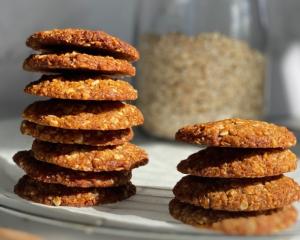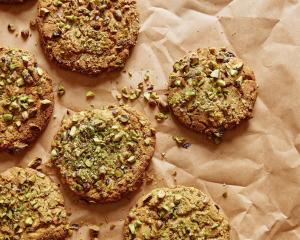Not so long ago, only those with coeliac disease had heard about gluten.
Now, gluten is almost a buzz word and ''gluten-free'' has become the latest fad diet.
Gluten is a protein found in the grains wheat, barley, rye and triticale.
It provides structure and texture. Foods containing gluten can include bread, pasta, baked goods, sausages and processed foods.
For most people gluten is not a problem, but for the about one in 100 New Zealanders with coeliac disease, elimination of gluten from their diet is critical to maintain good health.
There are various levels of reaction to gluten: coeliac disease (an immunological reaction managed by eliminating all traces of gluten in the diet) and gluten intolerance (some gluten-containing foods may be eaten without triggering symptoms).
Many people think a diet free of gluten is better for them but this is not always the case: specialised gluten-free products may be higher in fat and sugar to make them taste better gluten-free flours used in breads and pastas may be low in fibre gluten-free products are less likely to contain beneficial whole grains gluten-free diets have been found to be lacking in fibre, calcium, iron and B vitamins.
It can be hard work and costly eliminating gluten from your diet as gluten-free products are often more expensive than their traditional counterparts.
Common claims by people on gluten-free diets are that they have more energy and suffer less gut discomfort.
If these claims are true, why not go gluten-free if you have gut problems but not coeliac disease?
Apart from the reasons above, people who follow a gluten-free diet to improve irritable bowel syndrome (IBS) symptoms may be mostly doing the right thing but for the wrong reasons.
Professional advice could make a big difference.
With IBS affecting around 17% of the population, the answer may lie with a low Fodmap diet.
This diet is based on research from Monash University, in Melbourne, and eliminates a group of foods proven to cause bowel problems including swollen stomach, wind and more frequent loose bowel motions.
Being conscious of eating more healthily and including more fruit and vegetables may also assist in relieving some of the symptoms commonly attributed to gluten intolerance, such as constipation and bloating. Before embarking on a gluten-free diet, talk to a registered dietitian or nutritionist.












